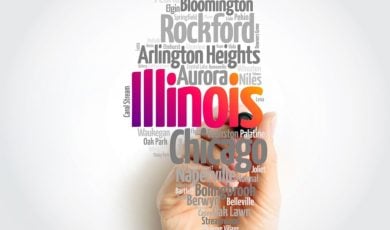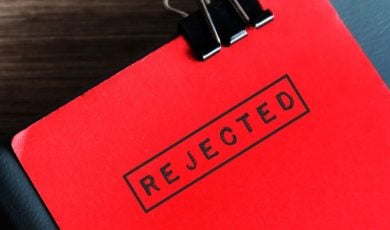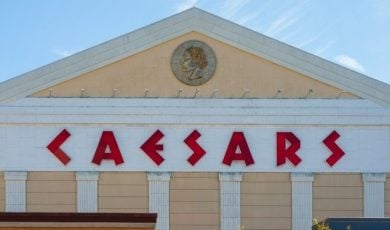Pragmatic Play has ceased supplying its games to sweepstakes and social casinos across the United States. The move comes just days after the company was named in a lawsuit against Stake.us in California, marking a significant development for one of the world’s largest iGaming content providers.
CA lawsuit signals growing risks for sweepstakes casino providers
The lawsuit filed by the Los Angeles city attorney against Stake.us highlights growing scrutiny of sweepstakes and social casinos, which remain unregulated. It is the first known instance of a state authority suing a sweepstakes casino — and the first time game providers such as Pragmatic Play have been named.
California is also moving forward with Assembly Bill 831, which seeks to ban sweepstakes casinos. The measure would criminalize any “entity, financial institution, payment processor, geolocation provider, gaming content supplier, platform provider, or media affiliate” from knowingly supporting the promotion or operation of sweepstakes games. The bill has cleared the Legislature and is now headed for a full Senate floor vote.
If passed, the law would effectively shut down sweepstakes casinos in California. Other states — including Arizona and Illinois, where lawsuits are pending — could follow California’s lead.
However, some proposed amendments may provide limited relief to suppliers. The inclusion of the word “knowingly,” for example, could allow providers to argue they have little control over where their games ultimately appear.
Pragmatic Play exit could limit games for US players
Pragmatic Play’s decision to cut ties with all US sweepstakes casinos could have wide-reaching effects. Analysts warn it may set off a domino effect, prompting other developers to pull out of the market as well.
That trend has already begun: Evolution recently announced it would exit the California sweepstakes market. More developers could follow, especially given that the Los Angeles lawsuit targets more than a dozen suppliers. For players, this means significantly fewer game options at sweepstakes and social casinos.
Some legal experts say the situation raises questions about supplier responsibility. Gaming attorney Daniel Wallach noted on X (formerly Twitter): “It turns out that game content suppliers — and not payment processors — may be the choke point in the sweepstakes casino ecosystem. The regulatory risk regarding licensing suitability and the reputational risk — especially for publicly traded companies — make them the weak links in the chain.”
Indeed, some suppliers are already feeling the impact. Shares of Evolution and Hacksaw Gaming fell 2.5% and 4.4%, respectively, within days of the Los Angeles lawsuit.
Meanwhile, other providers remain unaffected. Companies such as Play’n GO and Light & Wonder have avoided the sweepstakes sector altogether. In a May press release, Play’n GO CEO Johan Törnqvist explained:
“Sweepstakes casinos do not operate inside a regulated framework, and that’s not something we support. Our commitment to regulated markets is absolute. We will never supply our games to sweepstakes casinos.”
Why Pragmatic Play’s exit could be a smart long-term move
Pragmatic Play’s decision is widely seen as a defensive measure, but some industry observers suggest a strategic motive may also be at play.
The company continues to operate in the real-money online casino sector, though it does not yet hold a U.S. iGaming license. Instead, it distributes its titles through other providers, including Light & Wonder, which offers Pragmatic Play games on its OpenGaming platform.
Legal experts speculate the move could signal plans to eventually enter the U.S. online casino market directly. As one of the world’s largest game developers, Pragmatic Play has a vast portfolio of popular titles and a strong player base already accessing its content through partners.
Steering clear of regulatory battles now, analysts say, could position the company for a smoother entry into the regulated U.S. market later.









